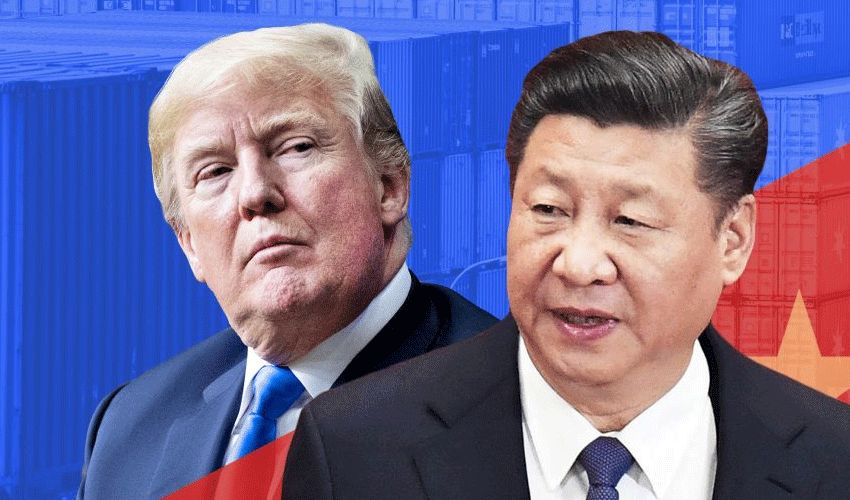In a region plagued by instability, Afghanistan's expanding drug trade stands out as a serious threat to regional security. With its status as the world's foremost producer and exporter of illegal narcotics, including opium and marijuana, the country's illicit activities are fueling a cycle of violence and instability.
Afghanistan's extensive border with Pakistan, serving as a primary route for drug trafficking. Reports indicate that between 60% and 80% of Afghanistan's opium finds its way to lucrative markets in the US and Europe via this route.
The situation has only worsened since the Taliban's takeover in 2021, with opium cultivation surging by 32%, solidifying Afghanistan's position as the third-largest producer of illegal opium globally.
Also read: Afghanistan's humanitarian crisis: UN report exposes Taliban's reign of terror
However, the repercussions extend far beyond economic concerns. Evidence suggests that terrorist organizations like Al-Qaeda and the Tehrik-i-Taliban Pakistan (TTP) are major beneficiaries of the drug trade. Moreover, groups such as the TTP, Baloch Liberation Army, and Balochistan Liberation Front are deeply entrenched in drug trafficking, relying on it as a primary source of funding for their activities.
This influx of drug money not only fuels terrorism but also exacerbates the law and order situation in regions like Khyber Pakhtunkhwa and Balochistan, where drug trafficking thrives.
As Afghanistan continues to exploit its porous borders and illicit trade to fund terrorism, the need for concerted international efforts to address this multifaceted challenge becomes increasingly urgent.


























